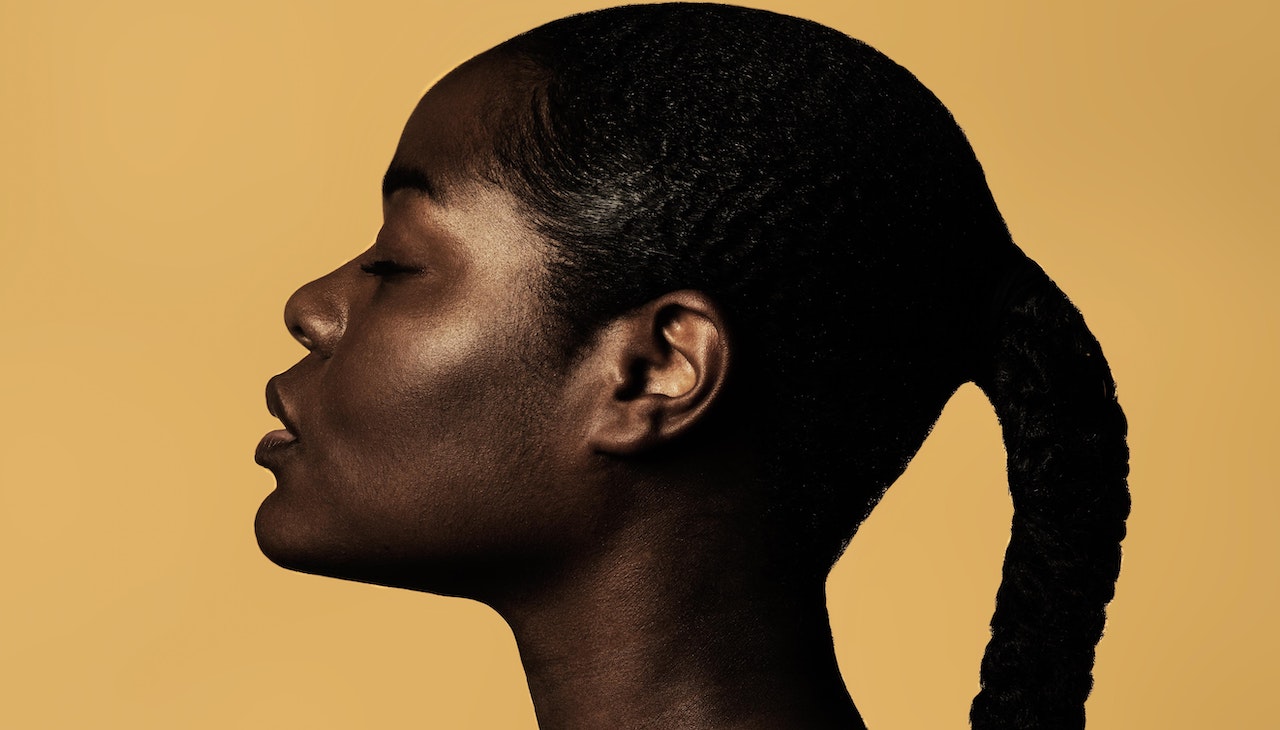
House passes CROWN Act as fight against hair discrimination goes national
The federal passage in the House comes after legislation has been passed in a number of states.
Hair discrimination has roots in systemic racism, and impacts Black people of all ages and genders throughout different stages of life, from the classroom to the workplace.
According to a 2019 research study published by the beauty corporation Dove, Black women are 80% more likely to change their natural hair to meet social norms or expectations at work, and are 1.5 times more likely to have reported being sent home, or know of a Black women who has been sent home because of her hair.
In April 2019, using data from 32 million students in primary and high schools across the country, researchers from Princeton University found that Black students are more likely to be suspended for discretionary reasons, such as dress code or long hair violations.
On July 3, 2019, California became the first state to pass the CROWN Act, making it illegal to discriminate against someone in school or in the workplace for their choice of natural hairstyle, such as Afros, braids, or locs.
To commemorate this significant event, the CROWN Coalition, a national alliance that was formed by Dove in collaboration with three national social justice organizations, declared July 3 as National CROWN Day.
Following the Golden State, New York, Colorado, Virginia, Washington, Maryland and New Jersey have also passed the Act.
Last week, Massachusetts became the latest state to pass a version of the Act, following a campaign by two Black high school girls who were suspended from school events over their braid extensions.
Finally, this important movement has reached the nation’s capital, and the CROWN Act took its first step towards becoming law.
The CROWN Act, which was introduced by Congresswoman Bonnie Watson Coleman, would prohibit hair-based discrimination based on hairstyle and texture. https://t.co/IzXqRVOXTx
— CBS News (@CBSNews) March 21, 2022
On Friday, March 18, House lawmakers passed the bill, officially titled the Creating a Respectful and Open World for Natural Hair ACT, with a vote of 235-189. Only 14 Republicans joined Democrats in support of the legislation.
“Black girls have been discriminated against and criminalized for the hair that grows on our heads and the way we move through and show up in this world. I urge a yes vote for every person who has been asked to shrink or to apologize simply for the beautiful way with which God made them,” said Rep. Ayanna Pressley.
Black is beautiful and so is our hair.
— Ayanna Pressley (@AyannaPressley) March 18, 2022
For anyone who has ever faced hair discrimination or punishment for showing up exactly as you are, the #CROWNAct is for you.
TY to my sisters-in-service & the movement for making the House passage of the CROWN Act possible. pic.twitter.com/iknTUDjFr7
House Republicans questioned the need for the legislation on Friday, because they believe that existing laws are already set in place that ban race-based discrimination.
RELATED CONTENT
“It’s covered. It’s wrong if it happens,” said Rep. Jim Jordan, the top Republican on the House Judiciary Committee.
Jordan spent much of his time arguing that the House should be focusing its time and energy on other issues such as inflation and record high gas prices.
In rebuttal, the bill’s sponsor and member of the Congressional Black Caucus, Rep. Bonnie Watson Coleman, called out Republicans for failing to understand the discrimination that Black people face.
“I understand that my colleagues on the Republican side don’t get the vast array of discriminatory practices because they spend so much time trying to perpetuate an all-white society here in the most diverse country in the world,” Watson Coleman said.
GOOD NEWS: The #CROWNAct has passed the House! Today, America got one step closer to ending racial discrimination.
— Rep. Bonnie Watson Coleman (@RepBonnie) March 18, 2022
The bill now heads to the Senate, where I hope my colleagues will pass it without delay. pic.twitter.com/jBqoSr9qaN
Coleman then cited the 2018 case of Andrew Johnson, a Black high school wrestler in her state of New Jersey, who was forced to cut his hair in the middle of a match because a white referee claimed it was inappropriate.
The measure faces an uncertain future in the Senate, given the widespread GOP opposition, but President Biden has expressed support for it and said he would sign it into law if it reaches his desk.
“The president believes that no person should be denied the ability to obtain a job, succeed in school or the workplace, secure housing, or otherwise exercise their rights based on a hair texture or hair style,” the White House said in a statement last week.











LEAVE A COMMENT: